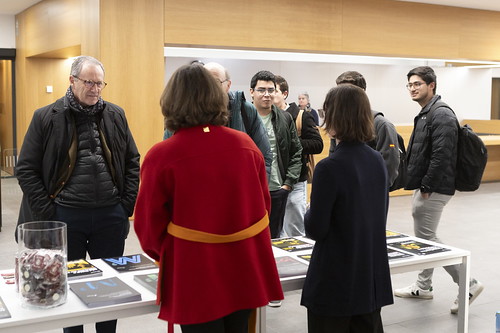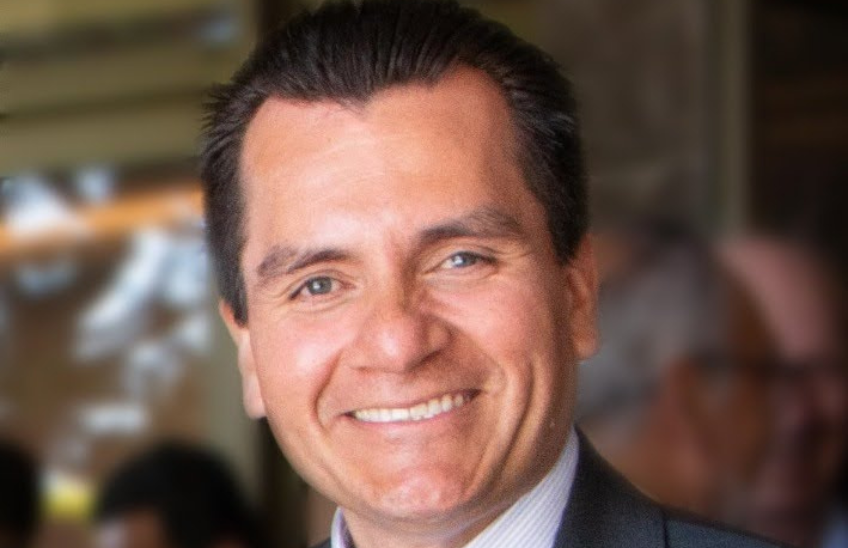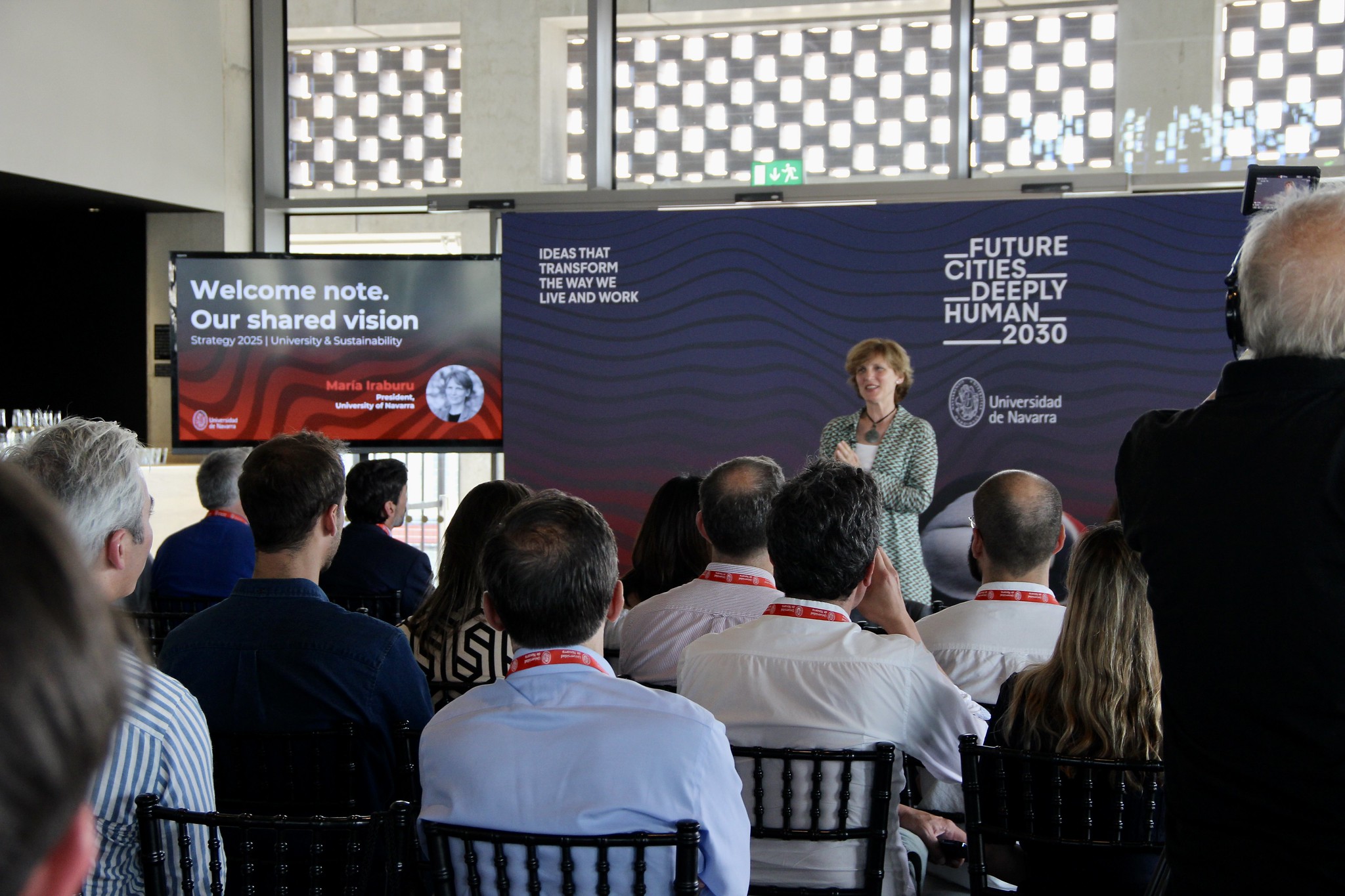Clara Rey, Director of Sustainability at Repsol: "We must change the business model , but without jeopardizing either the security of supply or the price".
Four experts from different sectors reflected on the future of sustainability at the Alumni Meeting in Madrid at the University of Navarra.

12 | 03 | 2024
About three hundred alumni met quotation at the Alumni building of the University of Navarra in Madrid to reflect on the future of sustainability with José Luis Blasco, director Sustainability of Acciona, Isabel García Tejerina, Iberdrola board member and former Minister of Agriculture and Environment, Inés García Paine (COM'93), Director of Communication, Brand and Sustainability of Bankinter, and President Alumni-University of Navarra, and Clara Rey, Director of Sustainability at Repsol.
Fernanda de Parias (COM'91), deputy director of Campus in Madrid and Alumni-University of Navarra, was in charge of welcoming the attendees to the new edition of the Alumni Meetings. Afterwards, Alberto Andreu, director executive of the Master's Degree of Sustainability of the University of Navarra, gave a brief contextualization of topic and gave way to the roundtable "Deciphering sustainability: Economics, work and future".
The discussion of the roundtable was divided into four blocks to understand the general context of sustainability, its impact on business models, regulatory burdens and the need to train sustainability professionals.
To start the session, Alberto Andreu made reference letter to different headlines that reflected the "anti-ESG (environmental, social and governance) or anti-sustainability wave that is being experienced". Isabel García Tejerina commented that the wave in favor is much greater, adding that "the anti-ESG wave seeks to monopolize, monopolize and exclude, if we really believe in sustainability, everyone adds up and everyone has to participate". Clara Rey remarked that "there really is a technical and scientific problem that must be solved: how to deal with climate change and the energy transition".
In the second block, moderator addressed the disruptive role of sustainability in all sectors, and how it is changing their business models. In this aspect, for José Luis Blasco, this major change involves decarbonization. "We currently have 80% of the energy matrix based on fossil fuels," he said. For him, the big hypothesis is how long it will be like this and how complicated it is to reach this decarbonization. "Unhooking from fossil fuels is very difficult. But the new time is called carbon 0, it is the conciliation of progress with the conservation of the planet", he added. This new paradigm has led companies such as Repsol to completely change their business model . In spite of this, Clara Rey stressed that this subject of fuels offers security and supply at an affordable price, and added "we must change the business model , but without jeopardizing either the security of supply or the price, and going hand in hand with the technological development ".
During the third block, the speakers were able to reflect on the growth of the regulatory burden on sustainability. Isabel García Tejerina explained that many of the countries that have signed up to the Paris agreements have presented their contributions to adjust to the sustainability criteria, however, she pointed out that "very few have a law that obliges them to comply with what they have committed to". In this way, he emphasized that "relying solely on the market and on good practice will never allow us to meet the climate change objectives".
Finally, in the fourth block, the four speakers agreed that the main risk facing companies are regulatory changes and the speed needed to implement them. However, they highlighted the opportunity presented by the new policies at subject of sustainability for innovation and to generate new business models. They also agreed with agreement that "sustainability is not only about the environment, but also about how value is generated in the long term, managing risks and opportunities associated with economic, social and environmental growth, focusing also on the way in which companies make their decisions".
To close the roundtable, Alberto Andreu stressed the importance of training talent in this field due to the increasing demand for professional profiles related to sustainability. In this way, he presented the Master's Degree in sustainability of the University of Navarra that counts with some of the speakers as part of the academic staff.
After the session, attendees were able to enjoy a cocktail party. There they could ask their questions and chat in a relaxed way with the speakers, meet again with other alumni of the University and meet new professional contacts within the sustainability sector.
This was the workshop
Alumni Meetings
The Madrid Alumni Meeting kicks off the new edition. With these events, the University aims to create a space for meeting and dialogue with alumni where they can expand their networking network and their professional development and staff.
Events will be held in Gipuzkoa (March 14), Zaragoza (April 25), Seville (May 9) and Mexico (June 15). They will address topics such as artificial intelligence, health, work and sustainability from a humanistic perspective, analyzing how they will evolve over the coming decades.
For more information visit the Alumni Meetings website.





